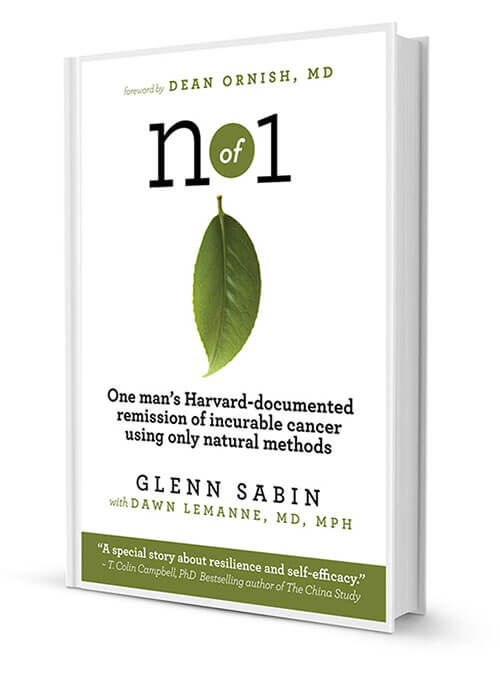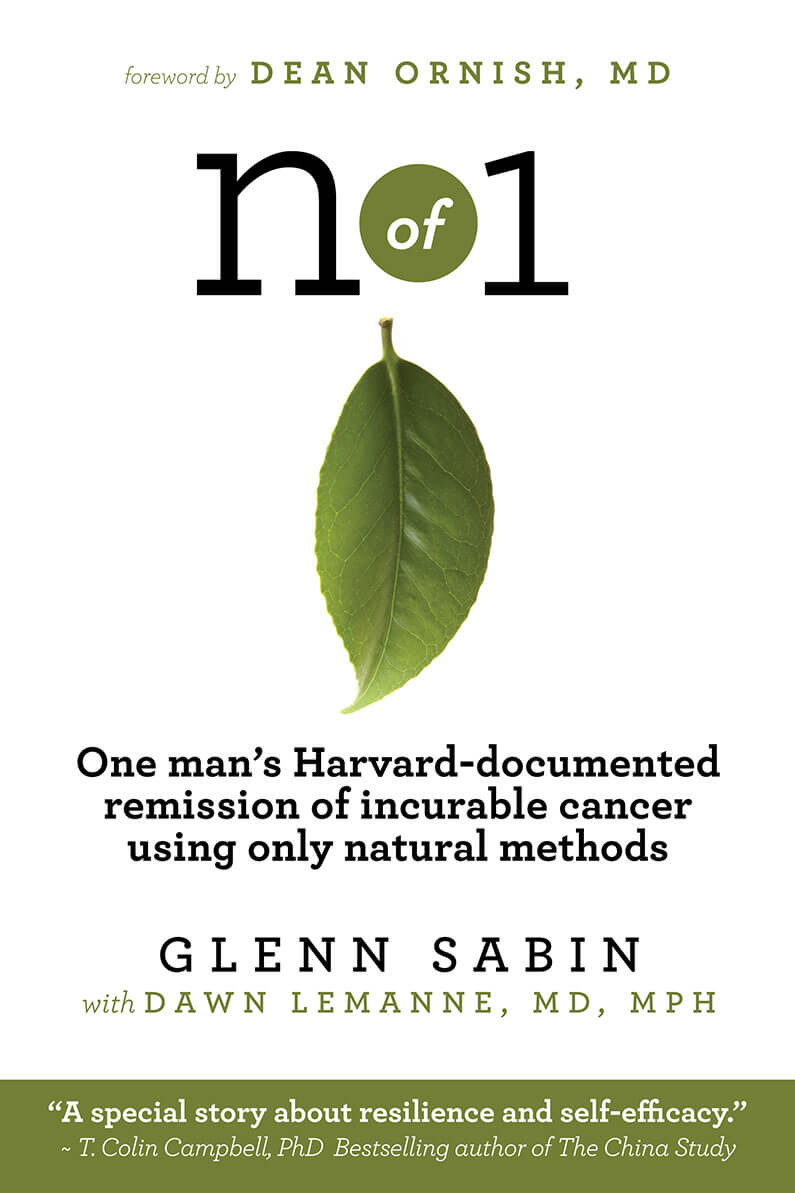Professional cancer coaches must be able to offer a wide range of skills and should display a broad knowledge and level of experience to meet each client’s specific needs and priorities.
To guide your decision-making, review this list of a dozen attributes, areas, and qualities:
1 Exceptional Listener
Every cancer coach should have honed their listening skills to completely ‘hear’, therefore thoroughly understand, each client’s unique story: emotional response to diagnosis, goals, and expectation of their journey. Basically, a cancer coach has to be an expert in reading the map of their client.
2 Assurance
Verifiable expertise in professional development and established, successful client relationships. Real time, real life references from clients and their families are also essential to making a well-informed choice. Reference checks can verify the coach’s skills and knowledge from a source other than the coach.
3 Empathy and Awareness
An integrative, holistic cancer coach possesses the capability to understand where a client is—physically and emotionally—at any specific point during their personal journey, then to use that knowledge to reorder priorities, emotional variables, and medical needs.
4 Motivating
An aptitude to inspire, enlighten, and motivate those dealing with any diagnosis and prognosis to improve outlook and optimize quality of life at every step of the path.
5 Team Mindset
Recognize the importance of, and have the ability to, teach organizational skills to assemble one’s ‘A-Team’—to guide a client to understand their own role of team-leader, including how to delegate and best utilize caregivers, family, friends, and other key supports.
6 Current Knowledge
Thorough comprehension of conventional cancer treatment, options for care, and NCCN guidelines.
7 Abundant Resources
A wide range of knowledge of experts, and access to their opinions at major cancer centers, specifically those proficient, dedicated professionals who form part of a select group of NCI-designated Comprehensive Cancer Centers focused on specific tumor types and uncommon cancers.
8 Lifestyle as Medicine
Cancer coaches must be well-informed about lifestyle management—including the role of diet, movement, rest, easing stress, hydration, toxin reduction, and social connections—that has been shown to improve immunity and mitigate the negatives of conventional therapies.
9 Access to More Options
The ability to open doors that may lead to applicable experimental therapies, clinical trials, and generic, off-label drug therapies.
10 National Contacts
Extensive connections and relationships—conventional, private, and academic—to both the conventional cancer and holistic, integrative oncology communities.
11 Deep and Broad Purview
A thorough and compassionate understanding of the intricacies that can arise and impact the wellbeing of those who are living with cancer—and exploration, management, and referrals regarding:
- Persistent emotional hardship, depression, and anxiety.
- Financial crisis: use problem-solving strategies to negotiate invoices and work out repayment, assist with health insurance coverage issues, and have connections to organizations that may provide funding.
- Sexual health function.
- Connection in relationships—friends and family.
12 Someone Who’s Been in Your Shoes
Though certainly not a prerequisite, those living with a cancer diagnosis may feel an additional level of comfort working with someone who has personally experienced a cancer journey, and successfully navigated the complex research and decision-making progress—including all appropriate conventional and integrative holistic approaches to cancer management and treatment. Put simply, many find solace in working with a cancer coach who ‘walks the talk’.
~~~~~
Prior to engaging an integrative, holistic cancer coach, be sure to think about whether your needs and expectations match with what the coach you are considering can deliver. Review their services, reputation, documented track record of success, and references.

































